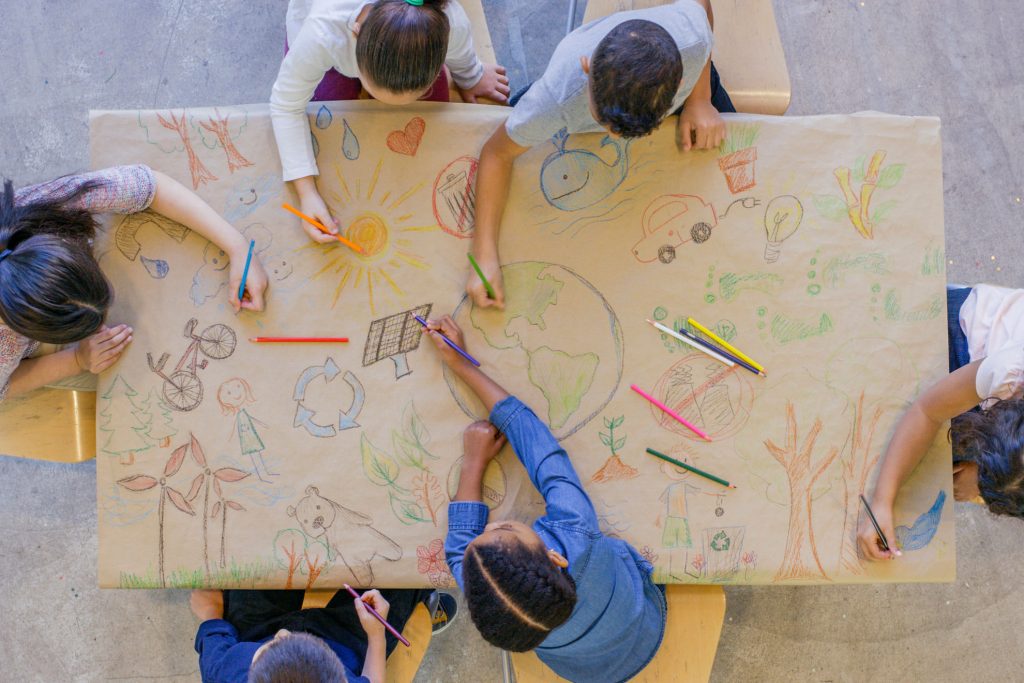
METAMORPHANY’S YOUTH-DRIVEN INNOVATION PROGRAM
THE ROLE OF EDUCATION:
SHAPING A SUSTAINABLE FUTURE FOR ALL
The role of Education:
Shaping a sustainable future for us all
BY MICHAEL SMITS
ARTICLE DATE: 01 APRIL 2019
LOCAL COMMUNITY: GLOBAL
FACILITATOR(S)/ADVOCATE(S): METAMORPHANY CHANGEMAKERS
CONCEPT AND METHODOLOGY: METAMORPHANY’S 8C-MODEL AND YOUTH-DRIVEN INNOVATION PROGRAM IN CLASSROOMS
GLOBAL IMPACT PATH: METAMORPHANY’S INTERNATIONAL YDI PROGRAM, INTERNATIONAL COLLABORATION NETWORK IN EDUCATION & INNOVATION AND THE INTERNATIONAL YDI ALUMNI NETWORK
There is no denying that we currently live in an era in which technology, science and consequential societal changes are moving more rapidly than ever before. Fortunately, policymakers, teachers, educational leaders and advocates worldwide, amongst which Metamorphany, are also realizing that in such a time our ‘Educational Systems’ will have to evolve more significantly too. We already see many inspiring attempts globally—from the birth of different methodologies to entire new schools or even more outside-the- box initiatives.
Over the coming months, Metamorphany will share some of those inspiring initiatives. But first, I’d like to highlight why now, more than ever, Education should evolve towards models that are more human-centred and less content-focussed than traditional education settings.
Bear in mind that we are only at the beginning of what many predict will be a more disruptive and more impactful period than any other in history. With that knowledge, I ask myself and all those active in education: Is ‘Education’ adapting fast enough? Are we collectively making the right choices that will determine the direction of ‘Education’ and ‘Learning’ the coming decade and beyond? And how are we assessing which decisions are better than others, when many variables of our future are still unknown?
We know, however, that our job market will look really different. According to a 2017 research report by the Institute For The Future (IFTF), over 85% of our children in schools today worldwide are preparing themselves for jobs that haven’t been invented yet1. And our schools and teachers are having to play catch-up to that fact.
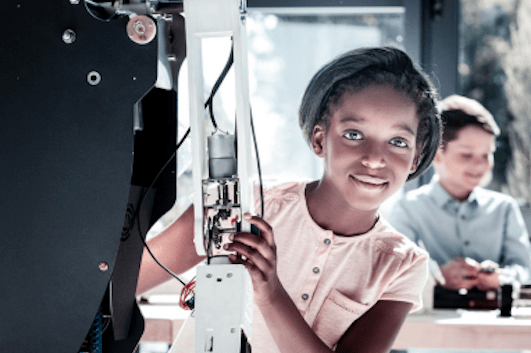
Our education systems and its teachers ARE PREPARING OUR CHILDREN BASED ON TODAY’S REALITY — A REALITY THAT WILL BE DRASTICALLY DIFFERENT WHEN OUR CHILDREN JOIN OUR WORKFORCE
Metamorphany and Education
At Metamorphany, we put an emphasis on empowering local community members and training them on innovation methodologies, particularly children, youth and young professionals. We help them develop into the new type of leaders our world needs going forward, as we collectively strive to shape a future in which every individual can maximize his/her own potential. We see ‘Education’ and ‘Learning’—and the (re)development thereof— as a primary pillar in our mission.
Since most of us live in a primarily digital and (social)media-driven environment, I believe that it is likely that the ripple effects of the current and future changes in education will show itself too more rapidly through societal impact than prior changes in education. It is therefore important that we collectively help Education transition in the right direction and where possible help pace it positively too.
Facilitating the transition of education
When we consider that this transitional decade and possibly the decade thereafter is also going to determine our societal direction, the next phase of Education will be pivotal. This heightens the immense responsibility of policymakers and educators even more. Imagine the weight of such a responsibility and the transitional challenges that schools, teachers and others involved in educating our next-generation(s) must face.
We cannot and should not let them carry the load alone. We all have a role to play in this. Particularly the stakeholders who have a big influence on the direction of Education, yet are not directly teaching our students in the classroom. I’m referring to policymakers, administrators, other educational leaders and of course parents. Many wish to uphold the current standardized traditional systems. This in itself is not surprising, since studies have confirmed that people make social decisions based on what we believe to be socially appropriate. This might explain why in certain countries the adoption rate of alternative educational methodologies is higher than in others; why in certain cultures—or communities with a decreased heterogeneity of the population—educational choices and career planning are more often determined by the influence of one’s environment than by a person’s ‘dreams’ or ‘interests’.
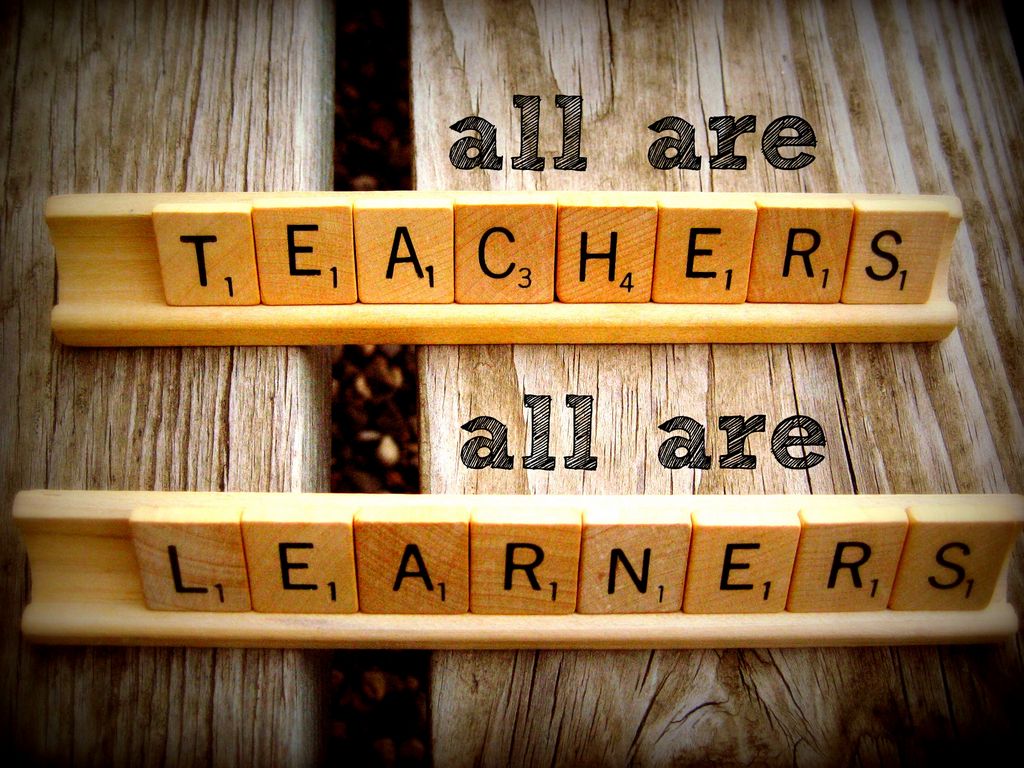
How can we expect our children to keep pace, when our teachers are equally challenged by it?
Established nodes require reassessment
In a time where science and technology are moving this rapidly, however, we can no longer hold on to yesterday’s methodologies and our general pace of change. Think about it. Most of our traditional educational systems have evolved in line with ‘The Industrial Revolution’ and the development of corporate structures in all industries. Sure, we owe it to The Industrial Revolution that Education has become available to the mass vs the elite few, and that we have relatively high literacy ratios worldwide. But it has also led to the development of an Educational system with standardized content, teaching methods, books and even a standardized classroom and school design—just like we’ve done with assembly lines, processes and many products and services. Furthermore, the standardization of assessments and admission processes for post-secondary education, have also contributed to the development of standardized curricula in elementary and secondary schools. Curricula that have been skilfully designed in service of either further education or economic needs, but, one could argue, have perhaps undermined our commitment to foster curiosity, nourish problem-solving and inspire a love of lifelong learning.
Education, especially higher education, has developed into an industry itself. It operates like one, is managed like one and in many ways has transitioned its societal function from ‘educating within a larger societal context’ to ‘specific job/skill training’. We see an Educational and Research industry that is closely aligned with industries and corporate markets, which in return has influenced the curricula in many colleges and universities worldwide. Longterm, such a trend harms a society overall.
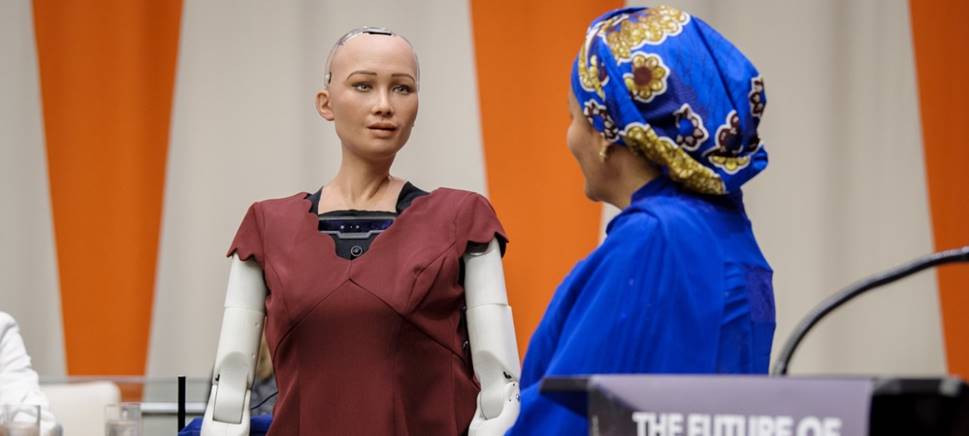
First humanoid robot Sophia is merely an illustration that we are at the beginning of an incredibly unpredictable journey. Can education keep up?
Change means new opportunities
The world around us is changing so swiftly that some predict that within the next decade(s) intelligent machines will be able to perform many of the tasks today done by people, and answer almost all questions inexpensively. This makes it even more important that Education repositions its primary focus on truly fostering the curiosity, creativity and eagerness for learning that all children are born with. Many lose this natural-born ability in the predetermined educational journey we’ve created for them. The new educational methodologies should purposefully facilitate students to explore entirely new territories of thinking, even if this ends up being in directions that our teachers themselves have not yet been prepared for. We cannot hold on to the ‘traditional’ thought that ‘teachers’ always have to be more knowledgeable about a subject. In fact, I argue that the best teachers are not those that have the most content knowledge, but those that have the ability to inspire their students and recognize what each individual student requires to maximize his/her potential—like we see in top-level sports. The best coaches are not necessarily the best players, but they know what the player(s) individually and as a collective need to maximize their potential and group outcome. In our digital age, in which access to content and informational knowledge can almost instantly found, this applies more than ever. A teacher’s skillset in alternative methodologies that facilitate outside-the-box thinking, nurture an entrepreneurial mindset and encourage ‘questioning’ will be the differentiator in what future we’ll be able to shape for our students—and consequentially our societies.
— HIS HOLINESS THE 14TH DALAI LAMA —“The young people of this 21st century represent our planet now. They have the ability to bring about change. Even as climate change increases in intensity, they can work together in the spirit of brotherhood and sisterhood to find and share solutions. They are our real hope.”
BUDDHIST MONK, SPIRITUAL LEADER OF TIBET, MAN OF PEACE, RECEIVER OF OVER 150 AWARDS, HONORARY DOCTORATES, PRIZES, ETC. AND (CO-)AUTHOR OF MORE THAN 110 BOOKS. AWARDED THE NOBEL PEACE PRIZE HOLDER IN 1989
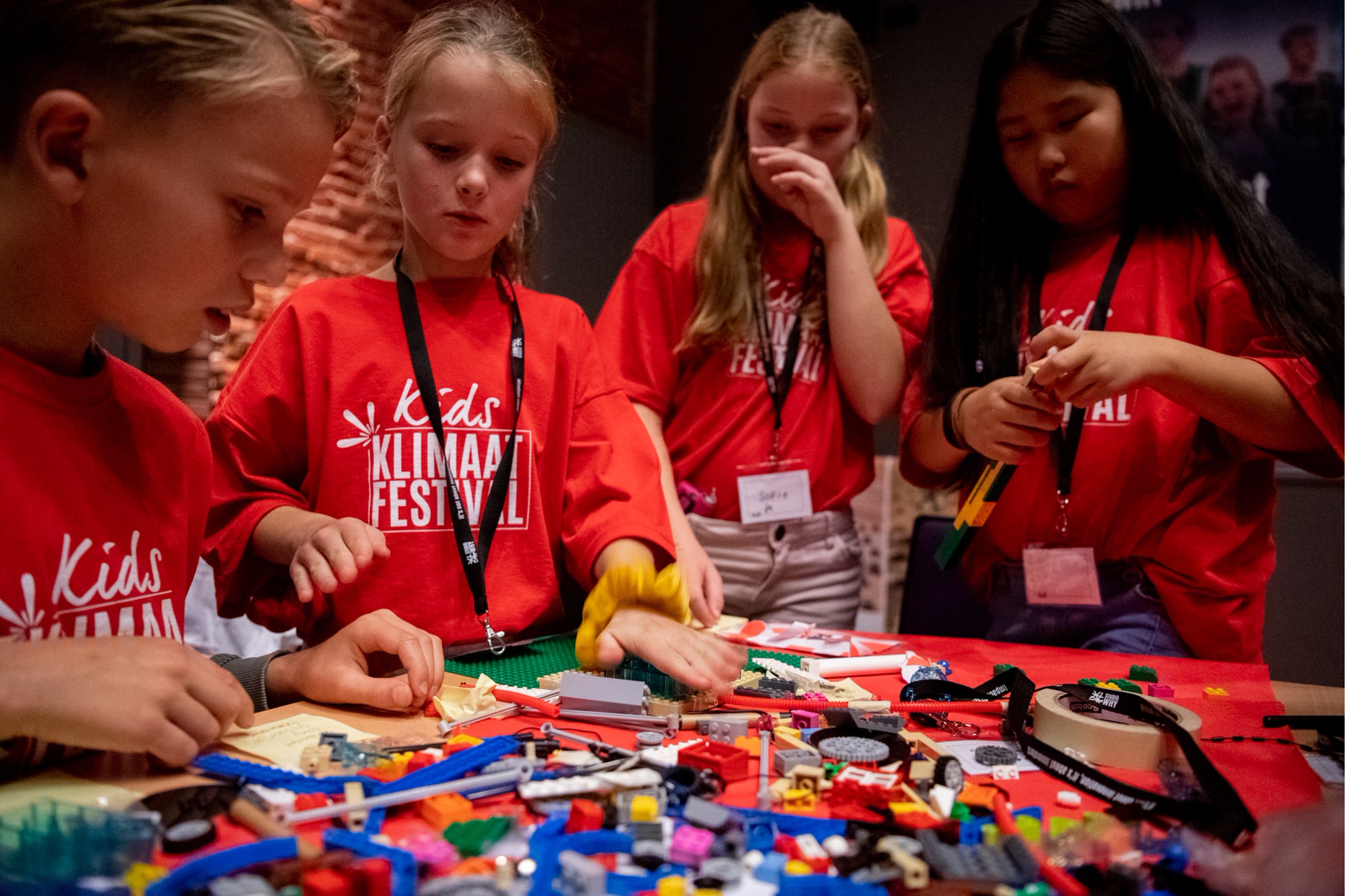
Shaping a future by fostering curiousity, nourishing creativity, and inspiring a love for lifelong learning!
PERSONALIZED TEACHING AND LEARNING
I feel that Education needs to strengthen its edge in inspiring a love for (lifelong) learning more; offer more room to students of all ages to develop their individual identity, and; help them truly discover what they love and are good at. Many institutions and Governments have come to realize that we should not teach our students what to think, but how to think, yet most are still insufficiently equipped to effectively act on the discoveries from the fields of neuroscience and cognitive psychology for example. As mentioned, Education still primarily follows a standardized and content-driven approach. Even after many studies have shown that our brains are both functionally and structurally as unique as our fingerprints; are continuously changing and learning, and; each brain responds and learns differently. Numerous studies have also proven that many other aspects outside content and content-teaching facilitate people’s ability to learn. Lifestyle and behavioural choices such as music, diet, sleeping, meditation, travelling, creating artwork, and many more non-content related matters, influence the structure and connectivity of our brains and influence our ability to learn.

“Get more diversity and creativity in your problem solving, and you end up having a much better and more representative approach to solving the challenges faced by the population you serve.”
– Justin Trudeau –
FACILITATING POSITIVE BEHAVIOURAL DECISIONS
Since all of our behaviour and decisions play such a vital role in the development of our connectivity of the brain and learning retention, Education models should also attempt to incorporate scientific findings that influence our behaviour and decision making. In the realm known as social decision-making for example, we know that many of our decisions are based on expectations—on what we believe to be socially appropriate. We know that Emotion is inextricably linked to and necessary for decision-making, and that helping people manage their emotions healthily consequently facilitates better decision making and ultimately one would expect better learning.
We also know that ‘decision-making time’ plays a vital role in how confident people feel with certain decisions. A 2014 study by Dr Colin Torney, from the University of Exeter, has indicated that humans’ herd mentality—our natural desire to be part of the ‘in crowd’—could damage our ability to make the right decisions. This process does not only undermine people’s personal decisions, but also the groups’ outcome. Groups become less responsive to changes in their natural environment. It is suggested to be due to a “classic evolutionary conflict between individual and collective interest.” As you can imagine this in itself has a tremendous impact on societal development and change, and could partly explain why we have failed to take required action on major issues such as climate change. We could and should, in our Educational systems, focus more on helping individuals and groups make healthier decisions that benefit both individual and the collective as a whole.
Bottom line, if we want to shape a sustainable future for generations to come—a future in which we take care of our planet, while we ensure economical and societal growth for everyone—we require more personalized educational approaches, and we need to help individuals and groups make healthy behavioural decisions. When we do this correctly, we will not only help each person maximize a healthy development of their brain and their ability to learn, but we also facilitate a more positive collective decision-making process that will benefit both the individual and the overall societal and economical outcome.
All of this is highly complex and certainly not easily solved. At Metamorphany, however, we believe that when we work together within our communities, we are able to shape such a future. Our Innovation approaches and our Youth-Driven Innovation Program have been purposefully designed to help Educational bodies, policymakers, Governments and local communities find the right outside-the-box solution directions and facilitate the right decisions. Participants in our programs and events have showninspiring signs of accelerated learning. We are excited to help schools, municipalities, and organizations with our expertise, and help shape a sustainable future of Education.
FOR MORE INFORMATION ABOUT OUR (INTERNATIONAL) YOUTH-DRIVEN INNOVATION (YDI) PROGRAM, CONTACT US DIRECTLY.
We look forward to it.